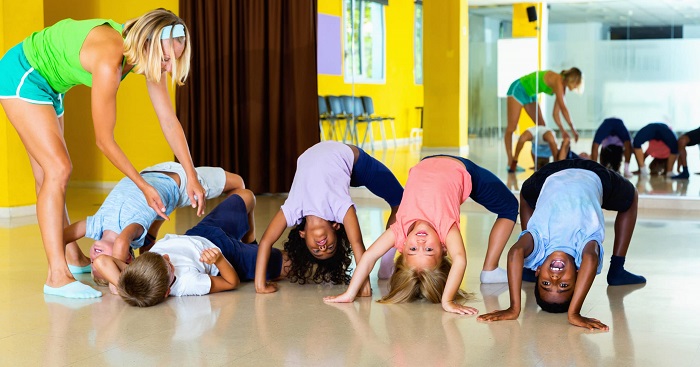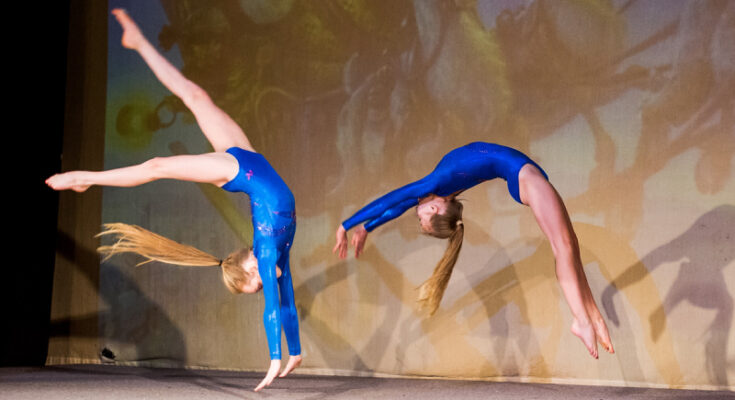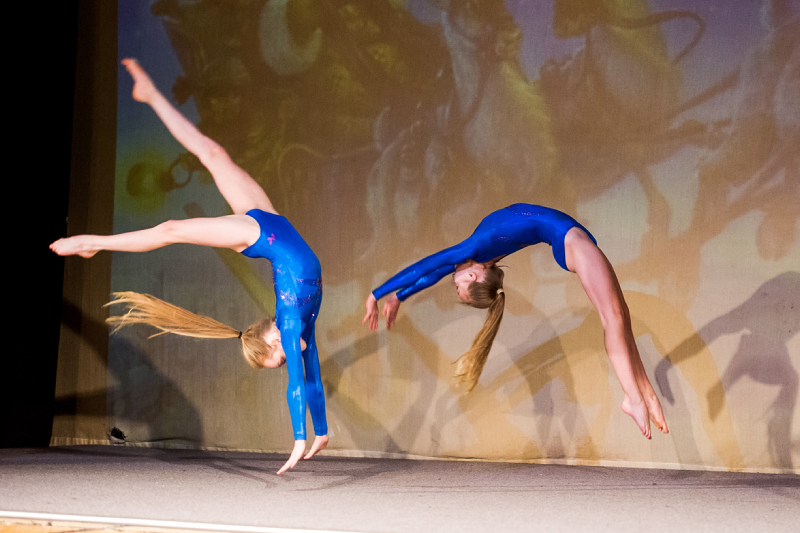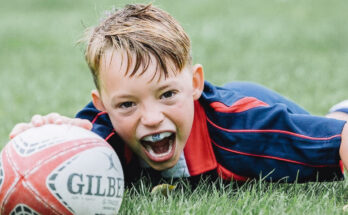The Role Of Gymnastics
Gymnastics is not just about building muscles or improving flexibility. Gymnastics is a great way to improve motor skills, balance, and coordination. It’s also one of the best ways to keep your body active. It can also help improve your general health in a fun and engaging way while encouraging confidence and strong decision-making skills that you’ll need as an adult.
Many parents are interested in enrolling their children in gymnastics for various reasons, thinking that it will benefit their future lives. However, many kids might not know these benefits because they’re too young. Gymnastics sport is a standard part of physical education at top CBSE affiliated schools in Chennai.
No, a flip or roll will not help them advance in school or work. They need the skills that come from gymnastics; these include both physical and personal qualities for academic success and professional accomplishments.
Gymnastics Benefits For Children
Coordination
Gymnastics teaches children to interact with their environment in different ways. This exercise translates well into other aspects of life and helps them navigate everyday situations more easily than others who haven’t had the same experience.
Flexibility
Gymnastics is a sport that requires flexibility. It’s the only type of physical activity where an athlete needs to be flexible, which can help prevent injury and pain in everyday life. Next time, when you see professional sports (think basketball, football), pay attention to how limber these athletes are! They’re non-disabled because they were taught gymnastics when they were younger, so their muscles would become conditioned for all sorts of different movements.
This is something I believe we could all use more on flexibility! Gymnasts have been doing this since day one. Still, professionals from other fields also need flexibility training – even if there not going into competitions or anything like that.

Social Skills
Gymnastics is a fun and positive way for kids to learn the skills they need in life. Gymnastics allows children of all ages to improve their social skills. It teaches them how to work independently, be respectful when others are speaking or working around them, listen carefully without interrupting other people’s conversations – all while being creative and having some healthy competition with their friends!
Self-Belief
The way a child’s mind works is very flexible, meaning that it can quickly move from one thing to another. This means they can easily adapt and learn new skills as long as they are presented logically. It also helps develop their confidence by seeing each task completed with success, which translates into other areas of life where they will see more opportunities for growth and achievement.
The most important part about teaching children any skill is progressively presenting them because the thought process is different from the adults. A child has the innate capability of adapting or learning anything if taught logically; therefore, you teach something like sportsmanship through incremental steps such as defining what it consists of before progressing onto things.
Ethical Work Practices
Gymnastics is a demanding sport that requires immense amounts of repetition and effort. Although there are no tangible rewards, seeing the hard work pay off in little increments can be rewarding enough for some athletes to keep coming back day after day.
Discipline
Gymnastics is a sport that requires discipline. Gymnasts must possess the self-control to make necessary modifications when asked by their coach and have enough self-discipline. In contrast, others are being coached or practicing alongside them. Hard work should never be underestimated; it’s something most people need to achieve success and appreciation from those around them for what they do day after day, so hard work on the mat can’t be neglected either!
Determination
Gymnastics is a sport that requires tenacity, as many skills require multiple attempts to perfect. This can be true in other aspects of life, too- such as if someone falls off their bike and they know that with enough work, they will reach the finish line or complete whatever it was they were trying to do.
Bringing it all together:
How do children continue to play a sport beyond their first good CBSE school classes, just as they do with any sport? What motivates them to continue despite the distractions of an extended school schedule, a social life, and many other interests that do not involve physical activity? They may enjoy the challenge provided by the sport, enjoy socializing with the people they meet at training or enjoy feeling fit Know More





